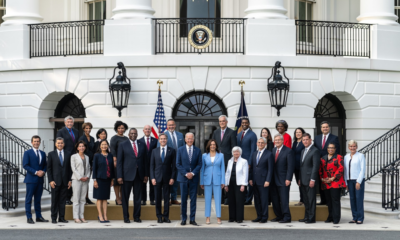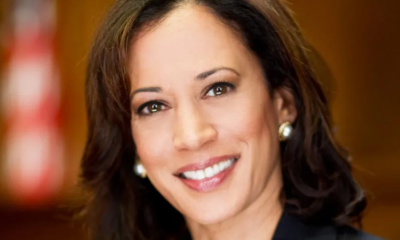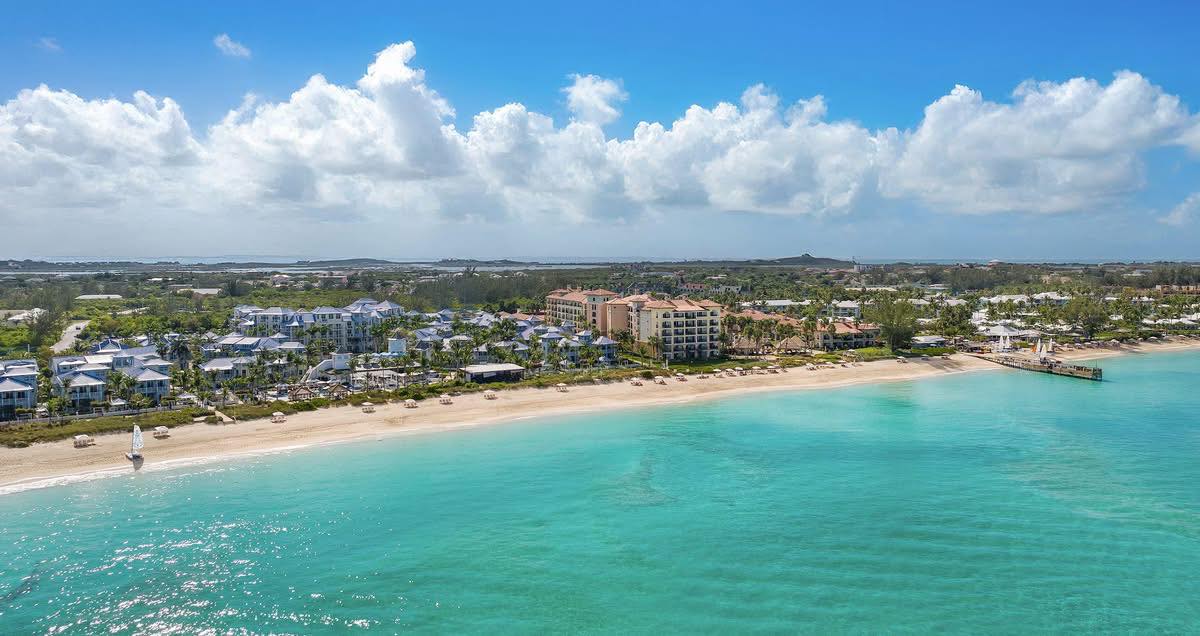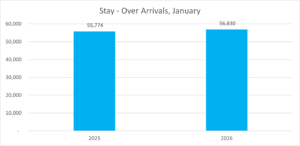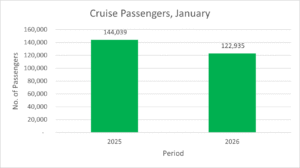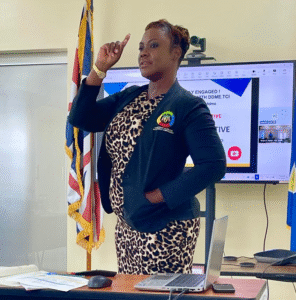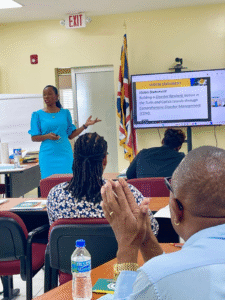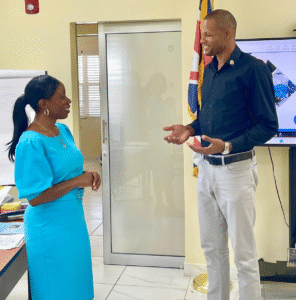Deandrea Hamilton
Editor
USA, November 14, 2024 – The reliability of identity politics and public polls has taken a severe reputational blow, as the prognoses and methodologies of more ‘left’ leaning pundits are proven to be dramatically flawed.
Mainstream media lost quite a chunk of its power too.
For months, once Kamala Harris, Vice President of the United States was handed the candidacy for president on the Democrats ticket, audiences were told that resolve for everything that was important to Americans was found in Harris and not in Donald Trump.
On election night, Kamala Harris would feel the sting of rejection, not even coming close to a win. She cancelled her own victory rally in Washington DC, where thousands of supporters had waited optimistically for her win in the popular vote, the swing states and across the electoral college. They’d thought, because they were guaranteed that the insights were spot on, this victory would be epic; the first woman and one of African and Asian descent to achieve this feat. But the Thank You Speech from team Harris and Waltz never happened because the calculations were as ill-conceived and out of touch as her campaign to win the White House.
“We’ve seen a massive political realignment in America along class lines so the biggest divider in America is not actually left versus right, as everybody saw on election night, it’s the elites versus the working class.” said Batya Ungar-Sargon, the opinion editor of Newsweek.
Ungar-Sargon, who is pro-Trump and a resident of Brooklyn, New York is also the author of ‘Second Class’, which for 272 pages emphatically addresses, “How the Elites Betrayed America’s Working Men and Women.”
The writer offered that credentialed college educated Americans were up against people who work with their hands for a living or do not have a college degree, and failed to connect with them the way they did decades or even five years ago.
For this author and editor, in speaking to Rita Pananhi during her self titled show on Sky News, in the segment devoted to ‘Lefties Losing It’, this painful misstep was a monster of the Democrats’ own making.
this painful misstep was a monster of the Democrats’ own making.
“Over the last 50 years, it was the democrats created who an economy that was an upward transfer of wealth from the working class, the hardest working Americans into the pockets of the elites, the chattering class, the political class, the economists who were creating this policy and as a result, working class Americans of all races, stopped seeing themselves reflected in the Democratic Party.”
Ten days since ‘Super Tuesday’ and the November 5, U.S. Presidential election, it is Donald Trump, the Republican candidate who has concretely caused an historic upset to emerge the decisive winner.
President-elect Trump secured 312 electoral votes with the help of 76,141,960 million people or 50.1%, which is also the popular vote. Trump won all of the swing states and not only managed to help Republicans hold onto the Senate, but they now boast having the House majority, in another blow to the Harris-Waltz ticket.
The inroads made with Latino voters for Trump, is being described as “legendary” while Democrats have been flailing in a believable response to what led to such a dismal underperformance.
Young voters usually throw their support behind the Democrats, so do Latino voters, at least that is what identity politics says. This time, young men went with Trump. Kamala Harris even managed to push away Latino men despite pitching a curve-ball version of the Republican plans on ‘mass deportations.’
“How did he get all these Democrats to vote for him? He simply lifted the Democrats pro-labour, pro-working class economic agenda right off of them. It was the Democrats who used to believe that we needed strong borders to protect working class wages. It was the Democrats who used to be in favour of trade wars and tariffs to protect the labour of American workers and Donald Trump showed up and said, ‘wow, no one is representing 60% of Americans? Come home!’ and that is exactly what he did.”
There is evidence to support this informed perspective.
An exit poll revealed 50% of households with incomes under $100,000 or 60% of Americans voted for the Republican party and Donald Trump. Kamala Harris and the Democratic party performed better among the households making $100,000 or more in income per year; securing 51% support over Trump’s 46%.
“If the Democratic party learns the lesson here, which is, don’t call people racist for wanting to feed their children… if they go back to their embrace of strong borders they could easily win back a lot of these voters.”
Batya Ungar-Sargon, who hasl also authored the book: Bad News, during the show concluded that Donald Trump’s willingness to take on the elite class and diffuse their ideas for America also made him a far more attractive choice for voters in the 2024 presidential race.
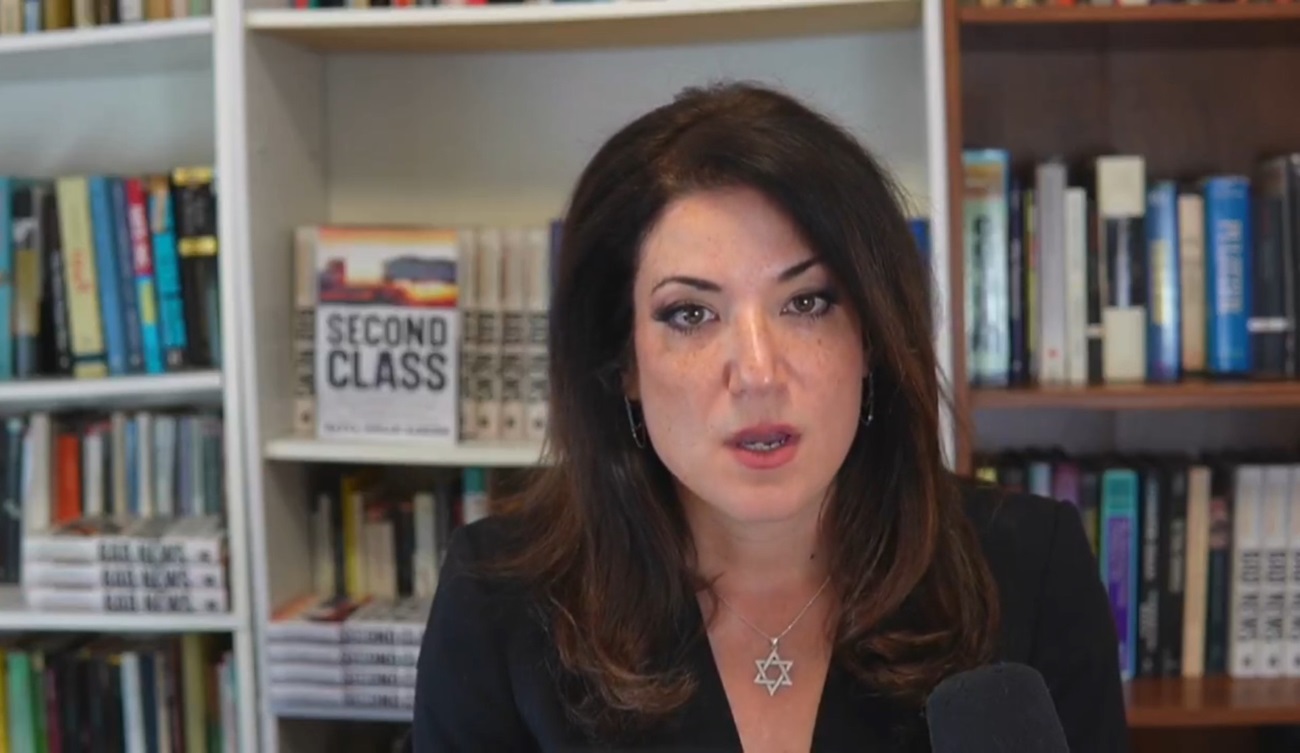


 News6 days ago
News6 days ago
 Caribbean News1 week ago
Caribbean News1 week ago
 News6 days ago
News6 days ago









